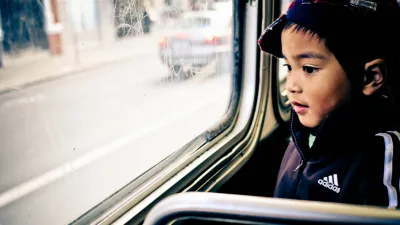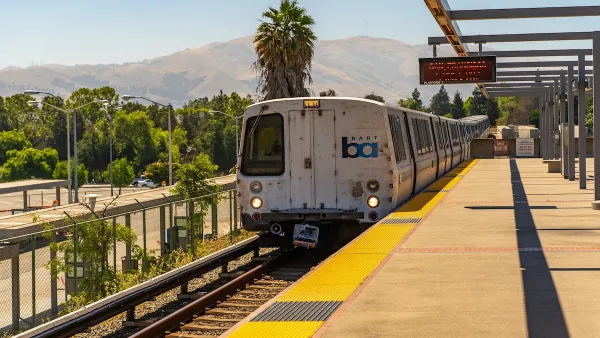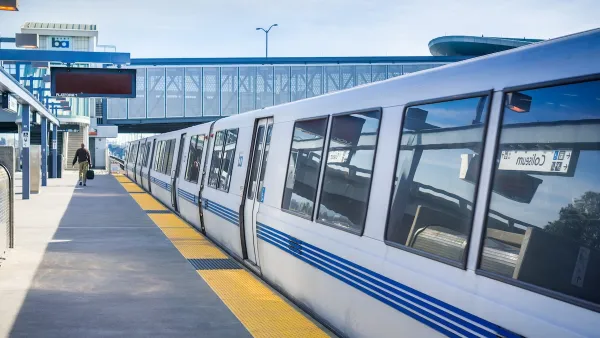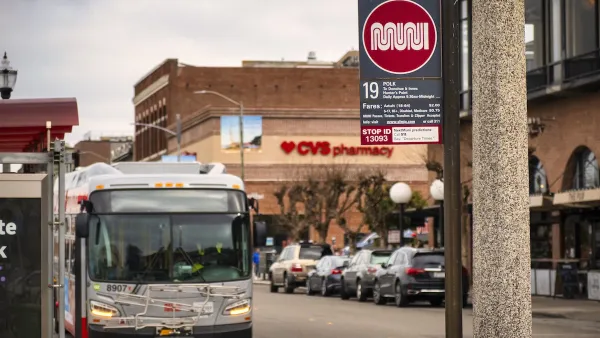In Minneapolis and San Francisco, public transit agencies are considering loyalty programs to boost ridership.

Sallie Burnett, business consultant, argues that loyalty programs like those used by airlines, hotels, and other businesses could help increase transit ridership. She points to what she sees as successful pilot programs in Minneapolis and San Francisco. "One example is Minnesota's Ride to Rewards programs, the first public transit frequent rider program in the nation," Burnett writes in Forbes. 80% of participants in that program said the perks they accrued riding transit would make them more likely to ride in the future.
Rewards programs could also be used to shift demand, "BART Perks was a test program conducted in the Bay Area that experimented with offering customers rewards for using transit outside of peak travel times. It lasted six months and encouraged participants to shift their commute away from the peak time of 7:30 a.m. Nearly twice as many people signed up than predicted," Burnett writes. The program also had the secondary benefit of getting people to post about their commutes on social media pages. Connecticut and Nashville transit agencies have also experimented with loyalty programs.
Burnett think the industry has an opportunity to take advantage of a tactic that, when properly implemented, has proven in other industries to be successful.
FULL STORY: Can Loyalty Programs Reverse Declining Public Transit Ridership?

Analysis: Cybertruck Fatality Rate Far Exceeds That of Ford Pinto
The Tesla Cybertruck was recalled seven times last year.

National Parks Layoffs Will Cause Communities to Lose Billions
Thousands of essential park workers were laid off this week, just before the busy spring break season.

Retro-silient?: America’s First “Eco-burb,” The Woodlands Turns 50
A master-planned community north of Houston offers lessons on green infrastructure and resilient design, but falls short of its founder’s lofty affordability and walkability goals.

Test News Post 1
This is a summary

Analysis: Cybertruck Fatality Rate Far Exceeds That of Ford Pinto
The Tesla Cybertruck was recalled seven times last year.

Test News Headline 46
Test for the image on the front page.
Urban Design for Planners 1: Software Tools
This six-course series explores essential urban design concepts using open source software and equips planners with the tools they need to participate fully in the urban design process.
Planning for Universal Design
Learn the tools for implementing Universal Design in planning regulations.
EMC Planning Group, Inc.
Planetizen
Planetizen
Mpact (formerly Rail~Volution)
Great Falls Development Authority, Inc.
HUDs Office of Policy Development and Research
NYU Wagner Graduate School of Public Service




























